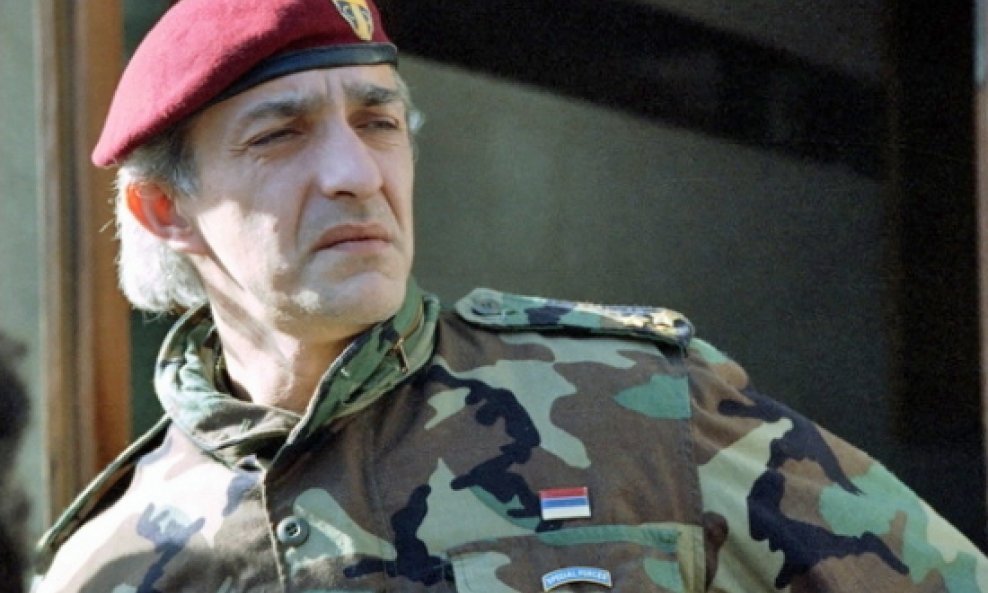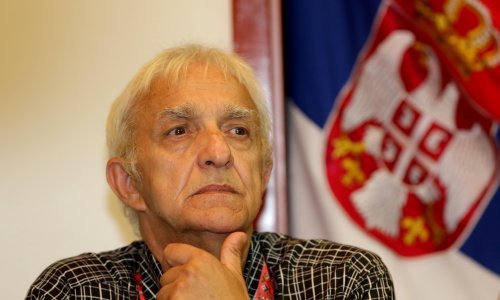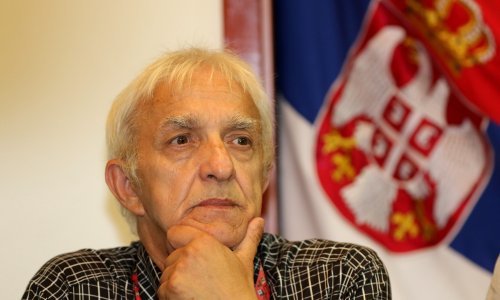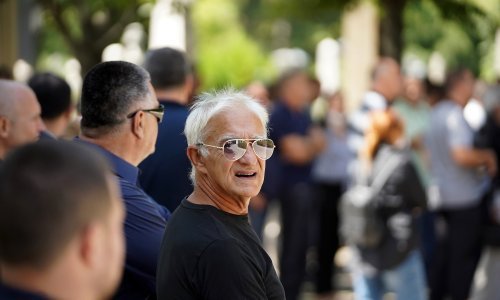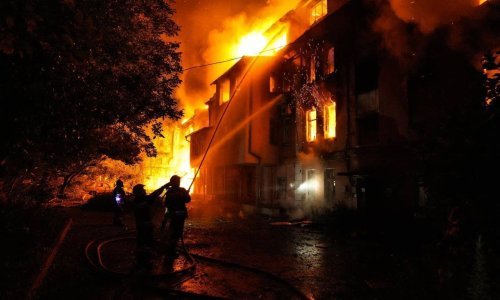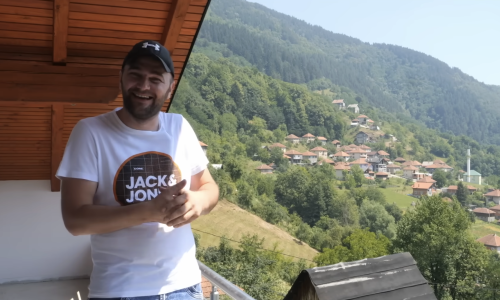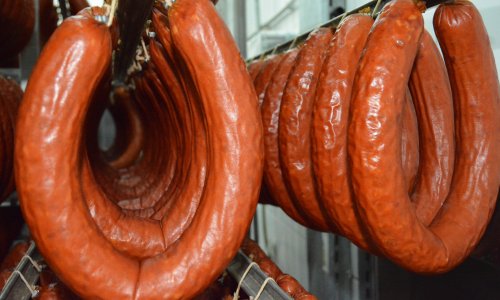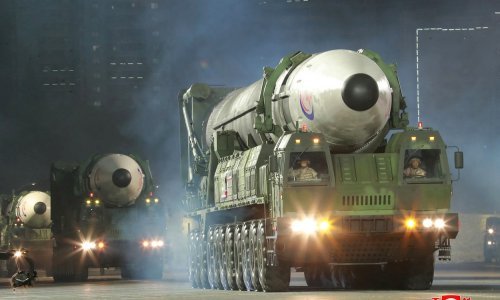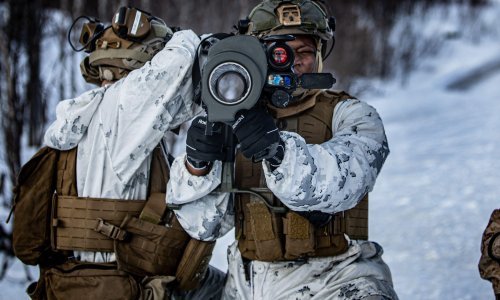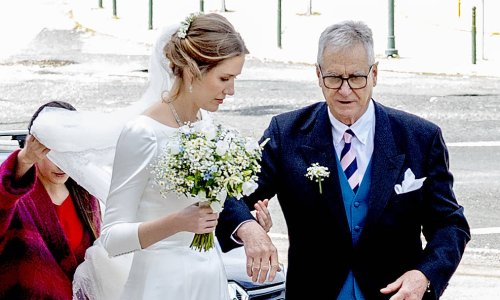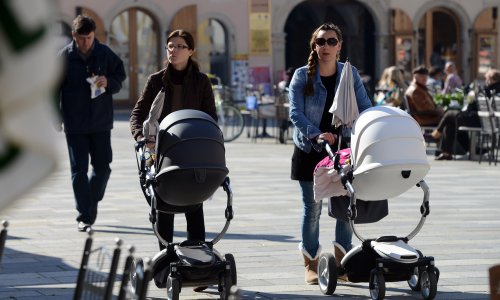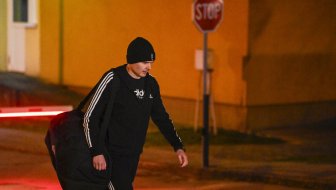The full bench of the Australian High Court overwhelmingly rejected the key piece of evidence used to prove before the Federal Court full bench that accused war criminal Dragan Vasiljkovic would not receive a fair trial in Croatia, Australian media said on Wednesday.
The publishing of the High Court's reasons came seven weeks after the same court decided that Vasiljkovic may be extradited to Croatia. After the announcement of the court decision, Vasiljkovic disappeared and spent 43 days on the run. The Australian authorities arrested him on May 12 and he has been in prison since.
Justices Robert French, William Gummow, Kenneth Hayne, Dyson Heydon, Susan Crennan, Susan Kiefel and Virgina Bell on Wednesday gave their reasons for rejecting documents published by the Organisation for Security and Cooperation in Europe (OSCE), which were used by Vasiljkovic's defence to fight against his extradition.
Vasiljkovic's lawyers had used the documents, which analysed the sentences of Croatian war criminals, to prove before the Federal Court that Vasiljkovic would be in an unequal position before Croatian courts in relation to Croatian soldiers and that he would receive a harsher sentence.
Justice Heydon described the OSCE material as "feeble", while Justices Gummow, Hayne, Crennan, Kiefel and Bell said the documents did not prove that Croatian courts applied sentence mitigation to Croatian soldiers on the basis of political belief. "The evidence supported the contrary conclusion," the judges said.
Vasiljkovic's lawyers are expected to lay out their further arguments that their client will not receive a fair trial in Croatia in a submission to Home Affairs Minister Brendan O'Connor which must be lodged by June 15. Until then, Vasiljkovic will remain in Sydney's Silverwater prison.
Vasiljkovic, also known as Captain Dragan, has dual Australian and Serbian citizenship. He is suspected by the Croatian authorities of ordering the torture of Croatian prisoners of war during Croatia's 1991-1995 Homeland War.



